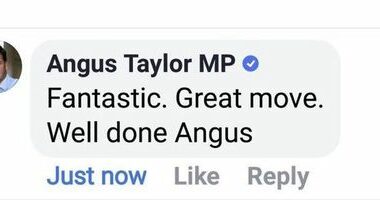Share this @internewscast.com
The Treasurer’s highly anticipated economic roundtable is shaping to be a showdown over the future of AI.
Businesses want to limit regulations while unions want workers to determine the rollout and a new government report is fuelling the tension.
“It would reduce the advantages for businesses and employees, and it would hinder the Australian economy,” stated Andrew McKellar from the Australian Chamber of Commerce.

At the treasurer’s economic summit in Canberra next week it could be the virtual elephant in the room.
Recent findings indicate that AI is more likely to significantly enhance workers’ productivity rather than replace them, although entry-level positions might experience more substantial effects.
It recommends a government-led centralised rollout that collaborates with workers.
“They understand how to implement AI at work effectively and, crucially, how it can boost their productivity instead of eliminating jobs,” remarked Liam O’Brien from the Australian Council of Trade Unions.
But not everyone agrees with the sentiment.
“It would give them a right of veto and we think that would be putting too much power into the hands of unions,” McKellar said.
However, business organizations and unions do see eye to eye on other proposals, such as the need to provide workers with AI training courses and to integrate these skills into university and TAFE programs.
This situation places unions and employers on a potential collision path prior to next week’s roundtable discussion, which will explore AI’s role in reducing bureaucracy to enhance productivity and improve declining living standards.
“You do not improve living standards, by raising the cost of doing business,” Shadow Treasurer Ted O’Brien said.












